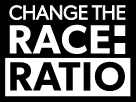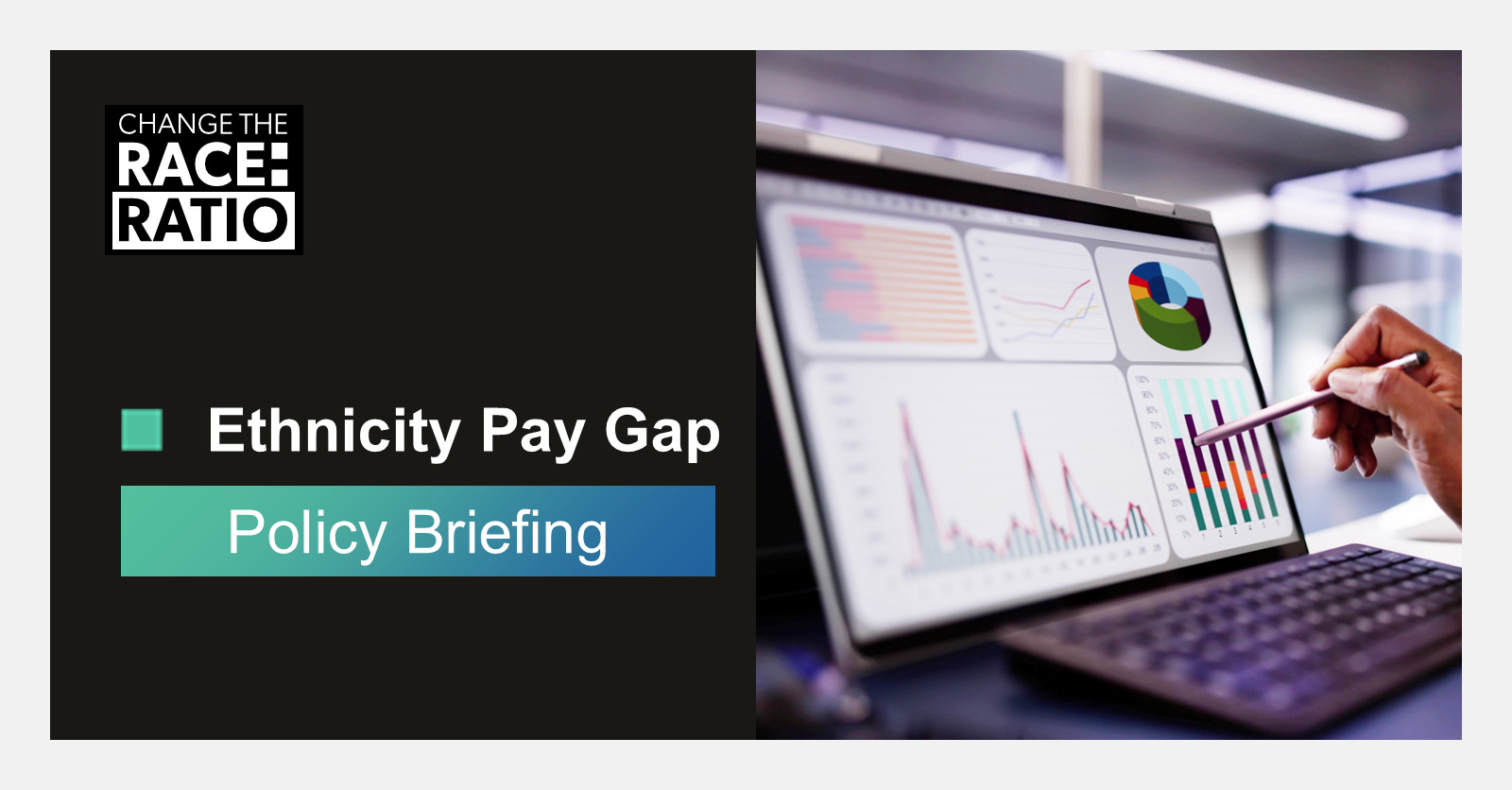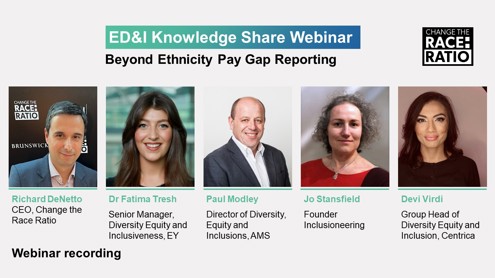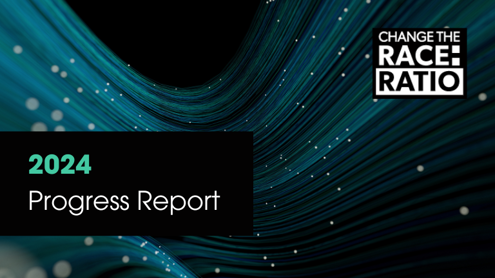In the Kings Speech in July 2024, the government announced plans to introduce a draft Equality (Race and Disability) Bill, which would begin the legislative process to make it mandatory for businesses with more than 250 staff to report on their ethnicity pay gap (EPG).
At Change the Race Ratio we’ve been supporting our members to take the steps needed to voluntarily report their EPG data since our launch in October 2020, during which time we’ve seen voluntary reporting go from 35% of our members to now almost 80% reporting their EPG data.
To support policy makers and businesses new to collecting and reporting their EPG data we have prepared this policy briefing which:
- Sets out what an ethnicity pay gap report is
- Shares three common misconceptions of pay gap reporting
- Sets out our three key asks for policy makers
- Highlights the key learnings from how businesses approach voluntary reporting
The consultation on mandatory ethnicity pay gap reporting is open and will closes on June 10th 2025. It's important that the views, experience and methodology used by businesses who have voluntarily reported their pay gaps is heard in this process and we encourage members to respond to the Office for Equality and Opportunity’s survey.
Here are our three key takeaways for policy makers
- The ethnicity pay gap is an imperfect measure, that is often misunderstood. Reporting does, however, bring much needed transparency, demonstrate commitment, and is a useful catalyst for action.
- It is crucial to accompany the pay gap report with a clear narrative explanation and action plan. This is needed to give meaning to the result, and drive change to tackle underlying issues such as underrepresentation in leadership roles.
- The default binary reporting should be completed using the ONS defined White ethnicity group v’s all other categories. We encourage disaggregated reporting wherever possible and would particularly encourage businesses to report on their black employee pay gap.







